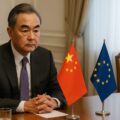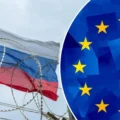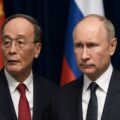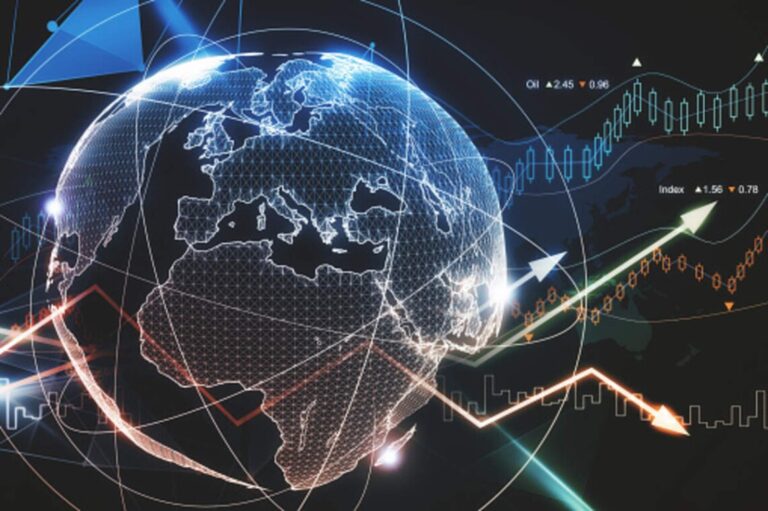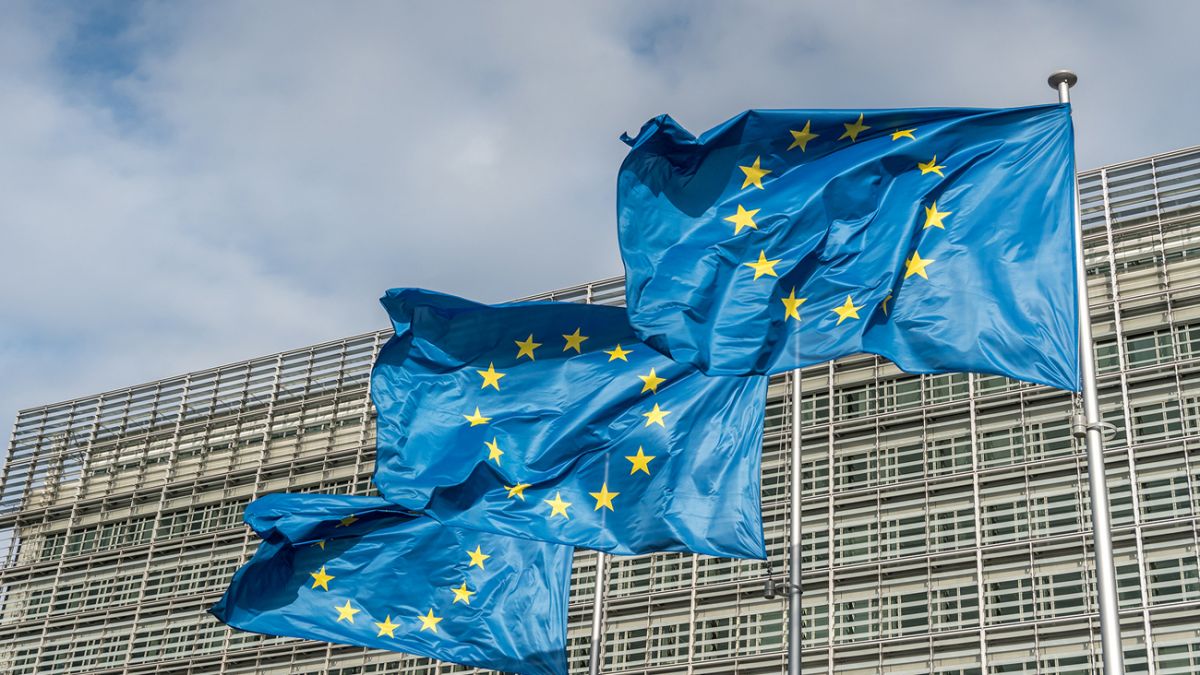
EU Prepares Sanctions Against China for Supporting Russia in War Against Ukraine: Key Facts and Analysis
After more than two years of Russia’s full-scale war against Ukraine, the focus of international attention is increasingly shifting to third countries that directly or indirectly supply Russia’s war machine with resources and technology. In recent weeks, tensions between the European Union and China have grown significantly: the West, and the EU in particular, is now publicly preparing to introduce new sanctions against Beijing for the systematic support of Russia’s military infrastructure. This decision is a reaction to evidence that Chinese components, drone engines, and critical electronic parts are being delivered to Russia on a large scale often through shell companies and disguised as civilian goods.
In July 2025, several leading media outlets Reuters, Politico, The Guardian published reports detailing supply routes for Chinese drone engines and microelectronics. The shipments were listed as “industrial refrigeration equipment” or “electronics for agribusiness,” but were in fact used in the production of kamikaze drones, electronic warfare equipment, and guidance systems for missile weaponry.
“The report is accurate and shows that China is increasing its role (in the Russian-Ukrainian war) both quantitatively and qualitatively. It is fair to say that without China’s support, the war would look completely different right now,” said a European diplomat in comments to Politico.
This position is echoed by Ukrainian officials:
“We have repeatedly provided China with evidence that their parts are used in Russian weapons. However, we have received neither an official response nor even a formal investigation,” said Vladyslav Vlasiuk, the President’s Commissioner for Sanctions Policy in Ukraine.
One especially telling case occurred after a missile strike on Kyiv in June 2025, when experts identified Chinese-made components manufactured just weeks earlier at a factory in the PRC.
Diplomatic Pressure and the EU Strategy: What Are They Planning to Change?
With mounting evidence comes increased political pressure. Fifteen EU member states have formally expressed their concerns to Beijing, but China either denies involvement or avoids giving answers.
The European Union had access to evidence of “grey logistics” even before the high-profile Reuters investigation. However, the scale and openness of the new supply chains triggered preparations for sanctions that may include:
- Restrictions on the activities of Chinese companies supplying Russia with critical dual-use technologies.
- Expansion of sectoral sanctions against financial institutions and logistics intermediaries.
- The creation of an international mechanism to monitor the supply of drone components and military electronics.
“We want dialogue, but also action… The bloc should not underestimate its own economic leverage,” noted the European diplomat.
Ukraine’s Response and Strengthening Export Control Regimes
Ukraine, which is at the front line of this hybrid war, has already taken its own steps. Sanctions have been introduced against five Chinese manufacturers whose parts have been identified in Russian weapons. This decision was a forced measure, given the total lack of response from the Chinese side to official requests.
At the technical level, Ukrainian experts examine every fragment and microchip recovered from missile strike sites, building an evidence base for future international investigations.
The Role of North Korea: Another “Shadow” Player Supporting Russia
Alongside China, North Korea (DPRK) is also supplying Russia with large quantities of ammunition. According to South Korean intelligence, over 12 million 152mm shells have already been delivered, with nearly 28,000 containers of ammunition shipped in the past year. These are key supplies for Russian artillery on the front lines.
Military-Political Analysis: Why These Supplies Are Critical for the War’s Course
Dual-use technologies including electronics for drones, navigation systems, processors, and communications components make up the “nervous system” of modern warfare.
Without access to modern Chinese and North Korean components, Russia would quickly face a shortage of resources for ramping up the production of kamikaze drones, precision weapons, and electronic warfare systems. Intervention by the EU through strict sanctions could not only reduce these supplies but fundamentally change the dynamics of the war in Ukraine’s favor.
A Signal for Global Security
The EU’s rollout of sanctions against China is not just economic or diplomatic pressure. It is an attempt to elevate the issue of military technology to a level of responsibility for all global players.
For Ukraine, this is a window of opportunity to strengthen its position, enhance export control regimes, and engage allies in a fight not only on the battlefield but also in logistics and technological supply chains.
The global technological war requires no less effort than classic military operations. Today, the European Union is taking a step that may define not only Ukraine’s fate but also the future security architecture of the continent.




